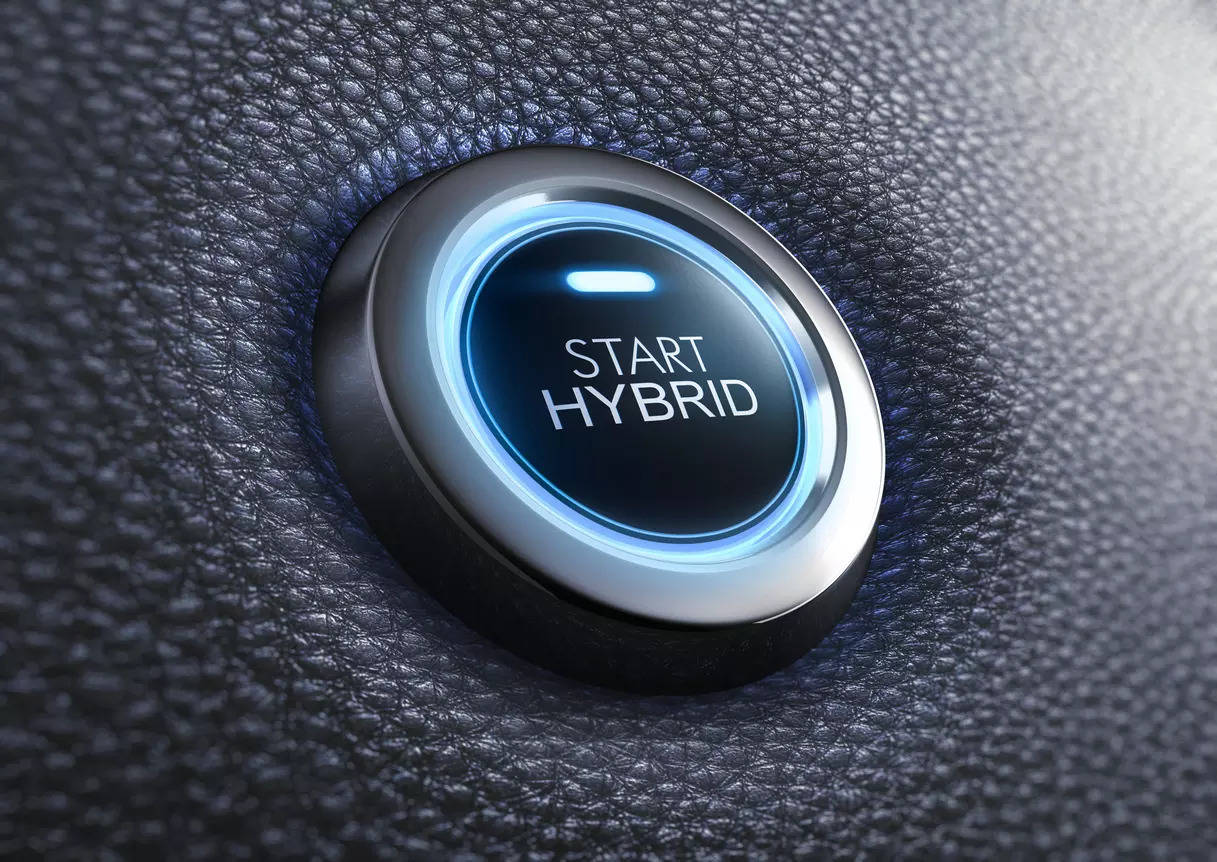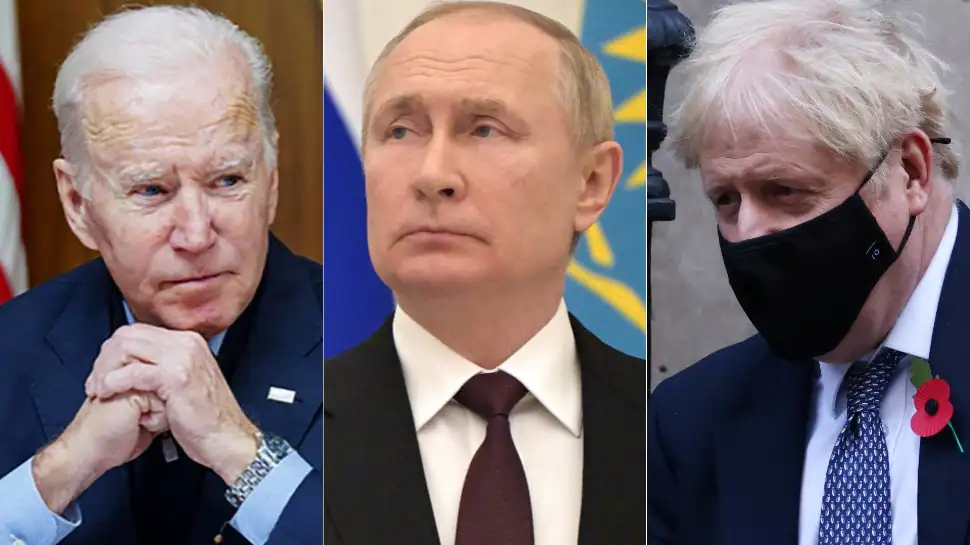
New Delhi: One out of every four car buyers in the National Capital Region in 2023 purchased the new vehicle after selling the one they were driving, industry executives said, amid recurrent bans on the movement of old petrol and diesel vehicles imposed by the local authorities to contain air pollution.
Replacement demand for vehicles in the NCR has shot up by 30%, outpacing a 22% increase reported countrywide, they said. This has come along with a marked shift away from diesel to more environment-friendly options like CNG, electric and strong hybrid vehicles.
The share of diesel in new car sales in the NCR declined to 5.8% this fiscal year from 7.5% in FY23 and 8.8% in FY22. CNG, once used mostly in buses and taxis, now accounts for 20.7% of new vehicle sales. Demand for hybrid vehicles too is on the rise, pacing ahead of the electric segment where worries over availability of public charging infrastructure are weighing on sales.
Arnab Kumar (name changed), an employee at a public sector bank in Delhi, is looking to sell his diesel-powered Mahindra XUV 700. While his vehicle meets the latest BS-VI emission standards, he is worried about the increasing restrictions on diesel vehicles in the national capital.
“I am planning to change the car soon,” Kumar said. He is considering replacing it with either a strong hybrid vehicle or an entry-level petrol car from Audi or BMW.
In addition to the restrictions on the movement of old diesel vehicles at times of severe pollution, they can be run only for 10 years in the NCR, which has been prompting many like Kumar to move away from the fuel.
Strong hybrids come with a combustion engine and electric motor and can run on either of these or a combination of both, offering high fuel efficiency.
“We are seeing higher replacement buying in the NCR, when compared to the national average,” said Shashank Srivastava, senior executive officer (marketing and sales) at car market leader Maruti Suzuki. “Consumers want new vehicles, clean vehicles. And it is not only in Delhi, the sentiment is spreading to other parts of the country,” he said, adding: “There is an increasing awareness among car buyers that pollution-related actions taken by authorities are only going to get more stringent making them look at more sustainable options.”
On a national level, while the share of diesel vehicles in overall sales of passenger vehicles dropped to 17.5% this fiscal year, from about 19% two years back in FY22, that of CNG increased to 14.5% (from 8.6%). Strong hybrid and electric vehicles comprise 2% of sales currently.
Shailesh Chandra, managing director at Tata Motors Passenger Vehicles and Tata Passenger Electric Mobility, said cities like Delhi-NCR, Ahmedabad, Mumbai, Pune, Hyderabad, Bengaluru and Chennai have emerged as front-runners in this transition to e-mobility. Tata Motor is the market leader in electric cars in India.
Customer awareness and acceptability of electric vehicles have improved dramatically over the last couple of years — about 50,000 electric cars were sold last fiscal year versus 1,200 units in FY20.
Chandra said once adequate charging infrastructure is available, the pace of adoption of electric vehicles will accelerate. “Now product is not a problem, and price is also not a big problem because products have proven themselves to be much punchier. Running costs, maintenance costs are low. So, what is stopping people (from purchasing EVs)? Primarily, there are bottlenecks around charging. (That) is what holds a person back to not go for their only and first car as an EV,” Chandra said.
Uday Chawla, managing partner at Transearch India and a resident of an upscale residential complex in Gurgaon, said he was debating between purchasing an electric vehicle and a hybrid, anticipating restrictions on vehicle movements to get further stringent. He eventually zeroed in on the Toyota Innova Hycross, a strong hybrid that allayed concerns related to range anxiety. “I deliberately went in for a hybrid vehicle this time. There was a long wait. I had booked it more than six months back,” he said, adding: “Every year, and at least twice a year we are hit by severe pollution and many of my cars cannot be used due to restrictions on BS-IV diesel and BS-III petrol vehicles …So I decided on a hybrid.”
As per the Graded Response Action Plan — a set of emergency measures undertaken to prevent deterioration in NCR’s air quality — movements of BS-IV diesel and BS-III petrol vehicles are restricted once the air quality index reaches the ‘severe category’.
















